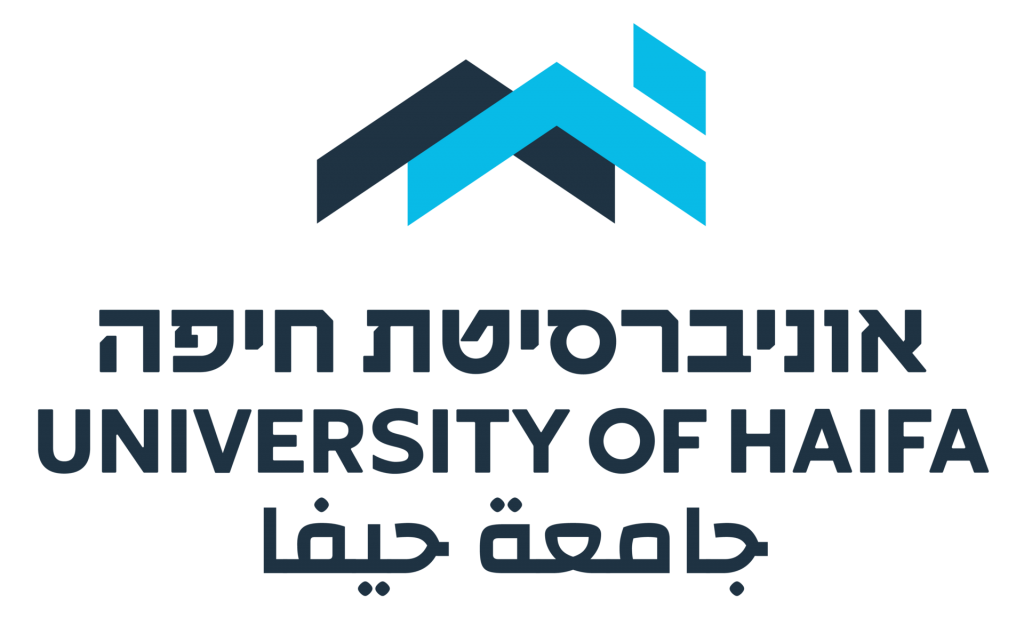The dynamics of procedural auditory category learning in developmental dyslexia
Binational Science Foundation funding 2016-2020
Recognizing native-language speech sounds depends upon auditory categorization. Recent research and theoretical models implicate the procedural learning system in auditory category learning. This is particularly intriguing because emerging research suggests that the phonological impairments observed in developmental dyslexia (DD) may stem from dysfunction of procedural learning and memory processes. The proposed research addresses a conceptual framework that posits that impaired procedural learning in DD impacts the dynamics of learning phonetic categories. Our recent research supports such a link, but the nature of category learning impairments, in DD, has not been studied. Here we propose to undertake (first-ever) studies of the time course of sound category learning and develop a model system for essaying the basic skills underlying the acquisition of language, in typical young adults and in individuals with DD. Since a learning impairment is unlikely to be all-or none condition, a critical goal is to delineate the differences in procedural learning among individuals with and without DD. The proposed research is therefore a crucial first step in understanding procedural auditory category learning relevant for speech acquisition. The complementary expertise of our Israeli-US team positions us with new paradigms to examine how learning interacts with the acoustic sensory information in defining auditory categories and how such learning is consolidated over time. Understanding whether and how a learning experience can engage procedural learning processes relevant to auditory category learning in individuals with DD will advance both our understanding of the nature of DD and the development of more effective remediation approaches.

